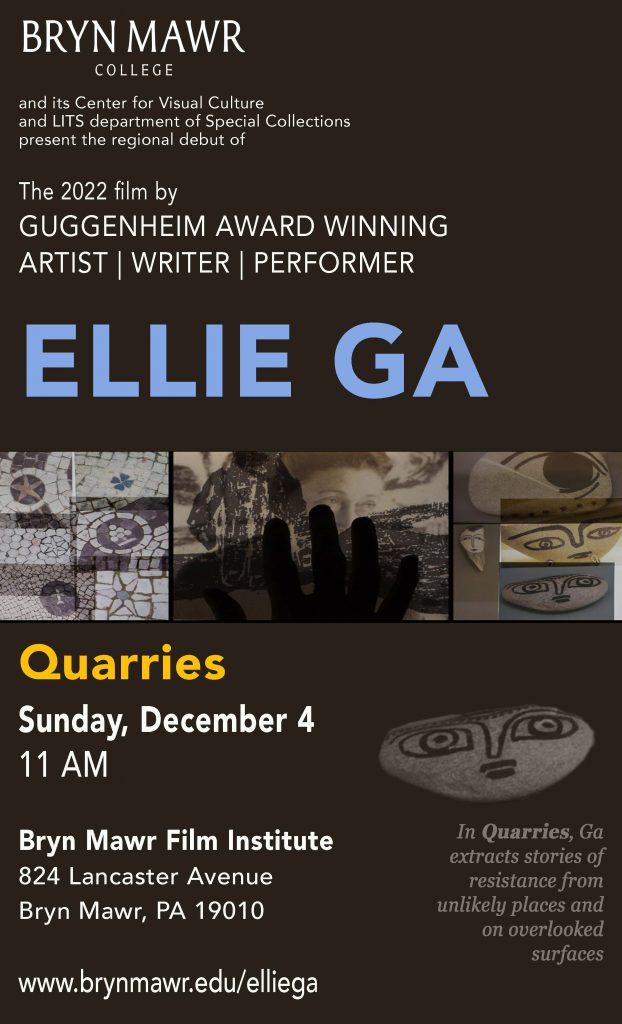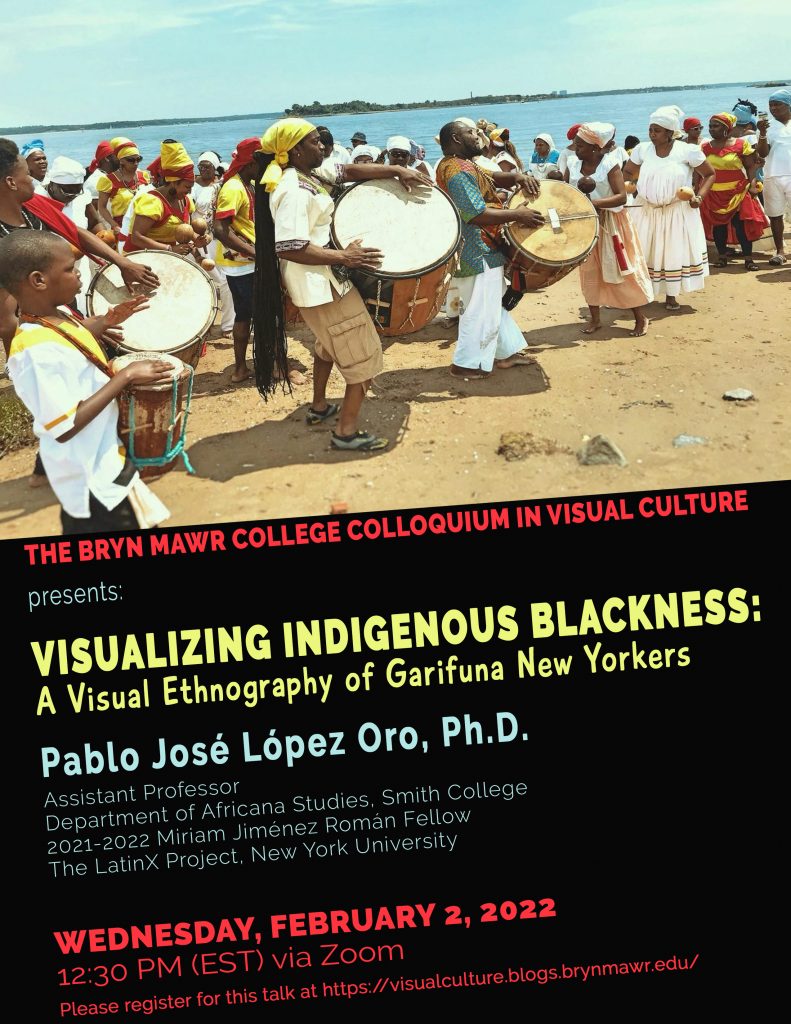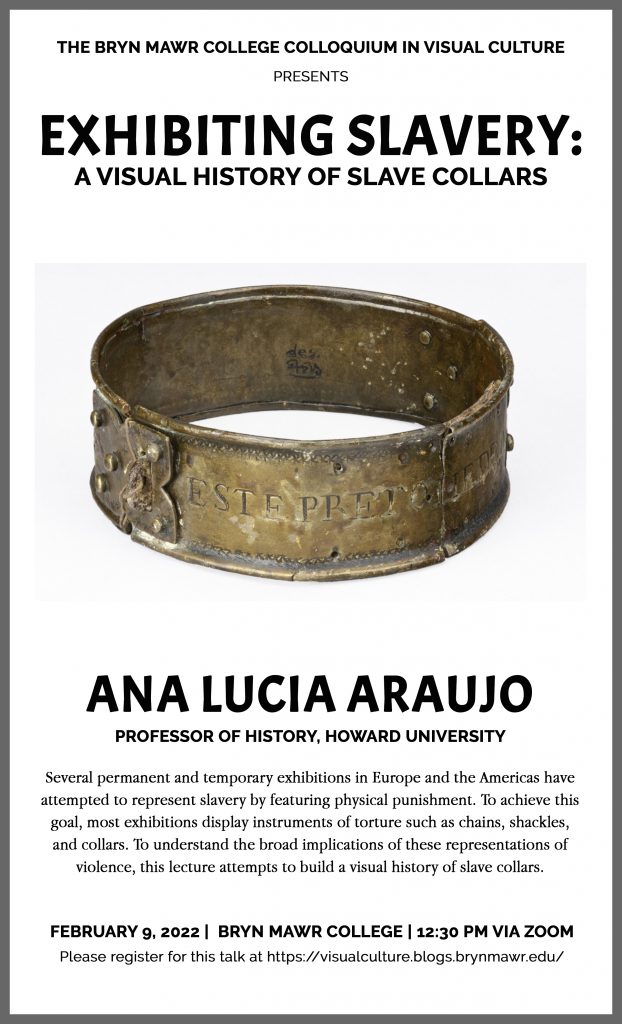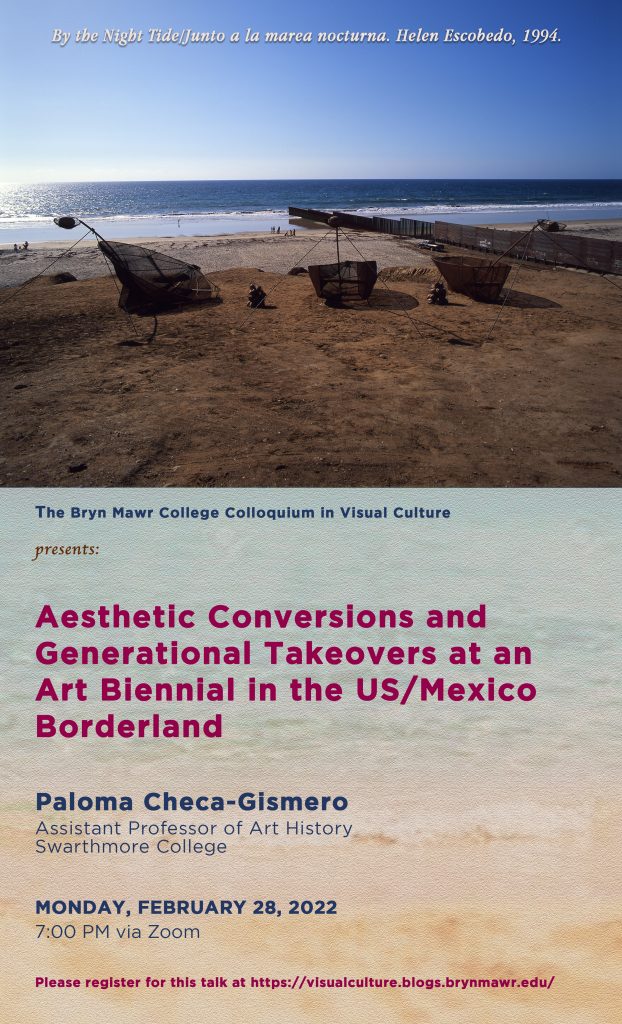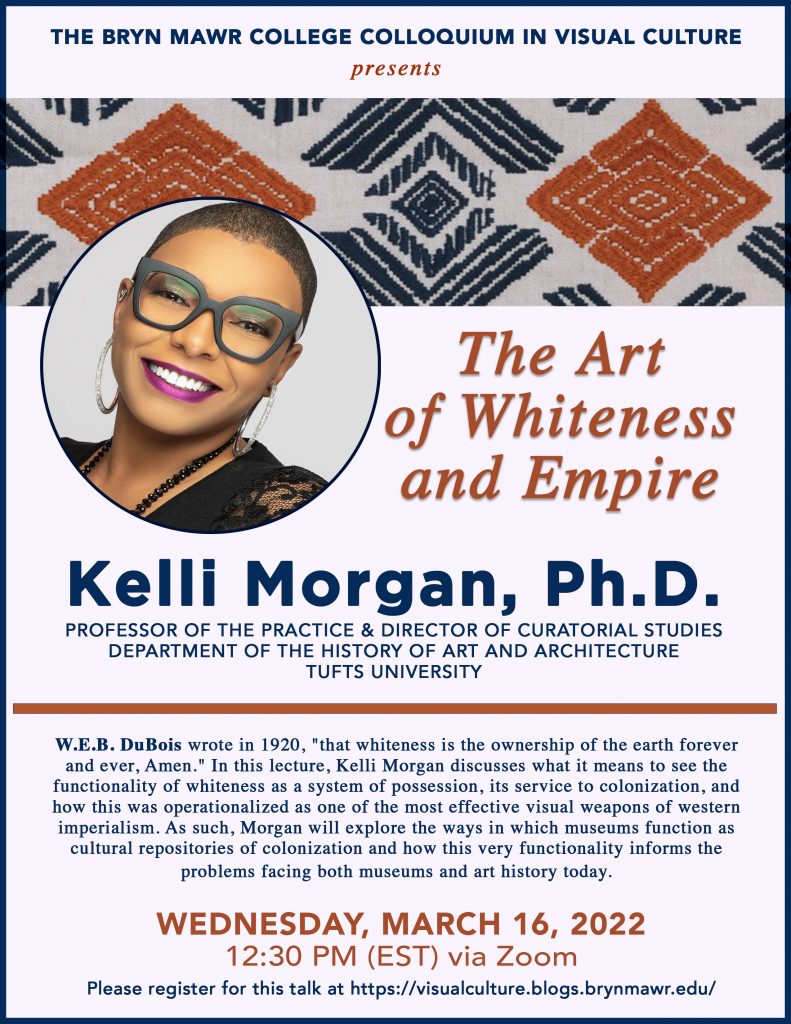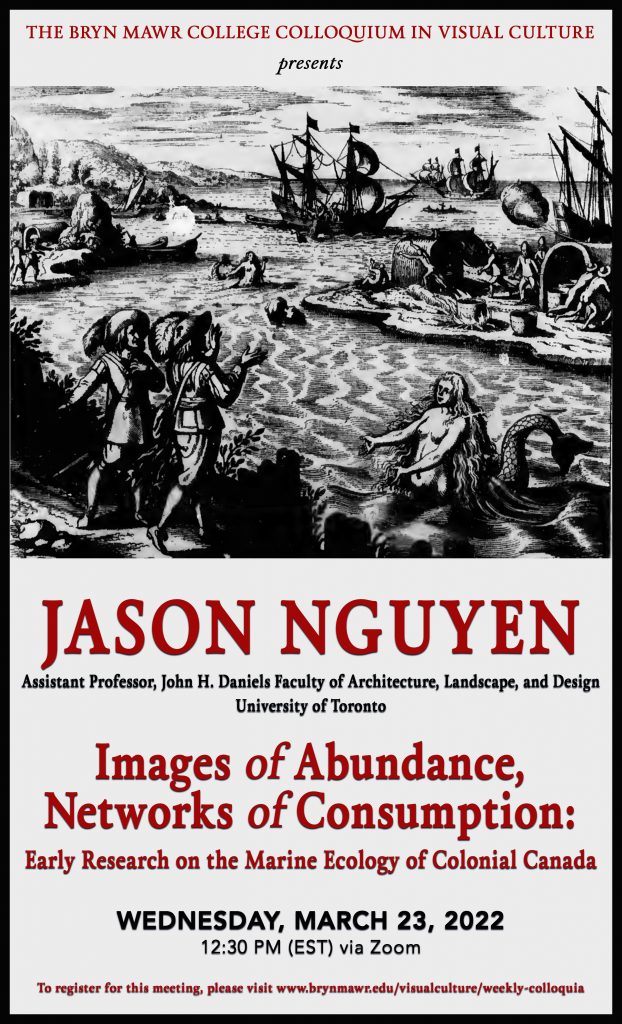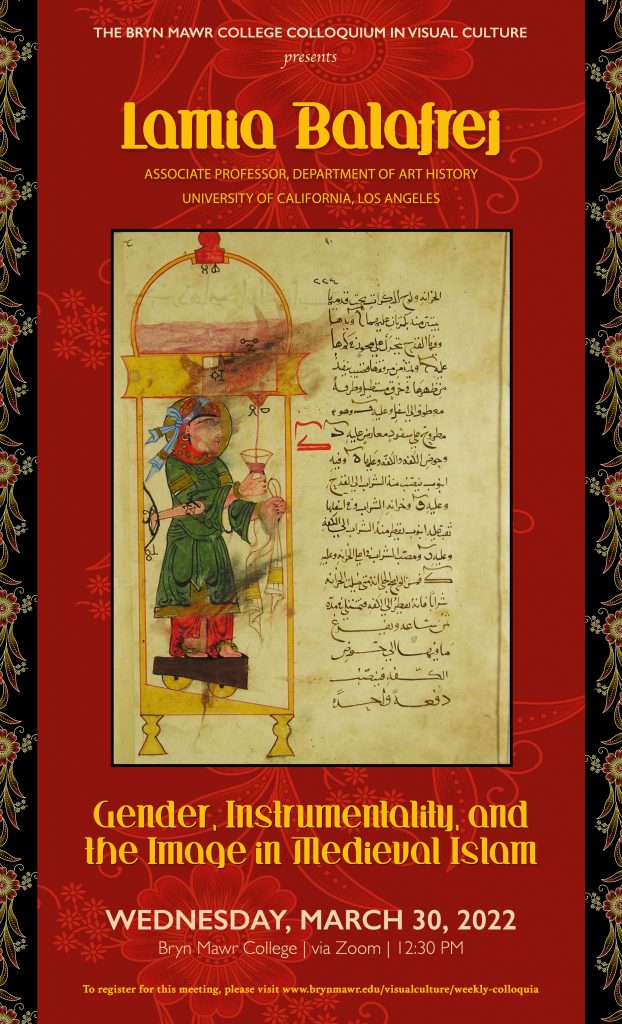Monday, 7PM
Artist talk.
Elia Alba (she/her) was born in Brooklyn to parents who immigrated from the Dominican Republic in the 1950s. She is a multidisciplinary artist whose artistic practice is concerned with the social and political complexity of race, identity and the collective community. She received her Bachelor of Arts from Hunter College in 1994 and completed the Whitney Museum Independent Study Program in 2001. She has exhibited throughout the United States and abroad. Those include the Studio Museum in Harlem, El Museo del Barrio, Stedelijk Museum, Amsterdam; Science Museum, London; Smithsonian Museum of Art, El Museo del Barrio, National Museum of Art, Reina Sofía, Madrid. Awards include the Studio Museum in Harlem Artist-in Residence Program 1999; Pollock-Krasner Foundation Grant 2002; Joan Mitchell Foundation Grant 2002 and 2008; Anonymous Was A Woman Award 2019; Latinx Artist Fellowship 2021. Collections include the Smithsonian Museum of Art, El Museo del Barrio, Lowe Art Museum. Her book, Elia Alba, The Supper Club (Hirmer 2019) brings together artists, scholars and performers of diasporic cultures, through photography, food and dialogue to examine race and culture in the United States.
Please register here.




